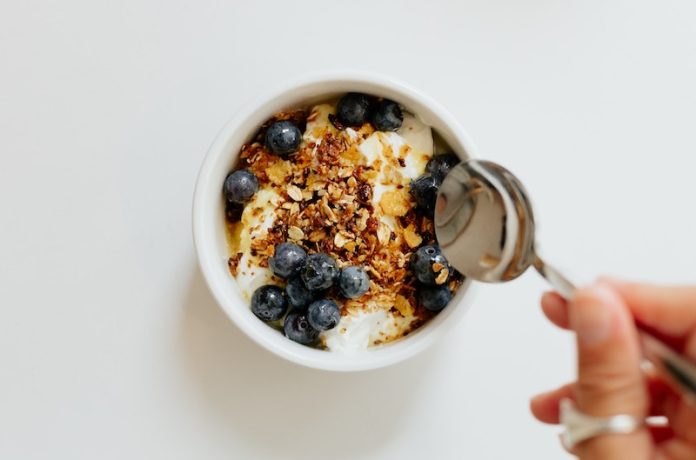
Migraines are intense, pulsating headaches, often unilateral (affecting one side of the head). Typical symptoms accompanying migraines include nausea, vomiting, and heightened sensitivity to light and sound.
Many individuals experience specific warning signs before a migraine, and several triggers, such as hormonal changes, specific foods and beverages, stress, and physical activity, have been identified.
In recent research from The First Affiliated Hospital at Jinan University, an association between dietary fiber intake and migraine prevalence was explored.
Research Objective: The primary aim of the study was to determine if there’s a relationship between the amount of dietary fiber consumed and the occurrence of severe headaches or migraines.
Data Source: The team utilized data from the National Health and Nutrition Examination Survey, collected between 1999 and 2004.
Positive Correlation: After adjusting for other variables, the researchers discovered a notable inverse relationship between dietary fiber intake and the prevalence of severe headaches or migraines.
Specifically, for every 10-gram daily increase in dietary fiber consumption, there was an 11% reduction in the prevalence of severe headaches or migraines.
Exceptions: This inverse relationship between dietary fiber intake and migraines was not observed in Mexican Americans, other racial groups, or individuals with a body mass index (BMI) ranging from 25 to 30 kg/m².
Novelty of the Study: The team highlighted that their research is pioneering, as no previous studies have investigated the connection between dietary fiber intake and severe headaches or migraines.
Implications: The findings suggest that incorporating more fiber-rich foods into one’s diet could potentially act as a protective measure against severe headaches or migraines. However, to validate this link, more long-term, prospective studies are needed.
Further Readings: The summary also provides a brief mention of other health-related studies, such as the risks associated with certain pain relievers, the role of vitamins in bone health, the potential benefits of krill oil for muscle health in seniors, and the ineffectiveness of Vitamin D in addressing muscle pain associated with statin use.
Conclusion
This study hints at a potential protective role of dietary fiber against migraines. It emphasizes the significance of diet in managing and possibly preventing migraines, although further research is essential to establish a definitive correlation.
As always, anyone considering making significant dietary changes should consult with a healthcare professional.
Follow us on Twitter for more articles about this topic.
Copyright © 2023 Scientific Diet. All rights reserved.





